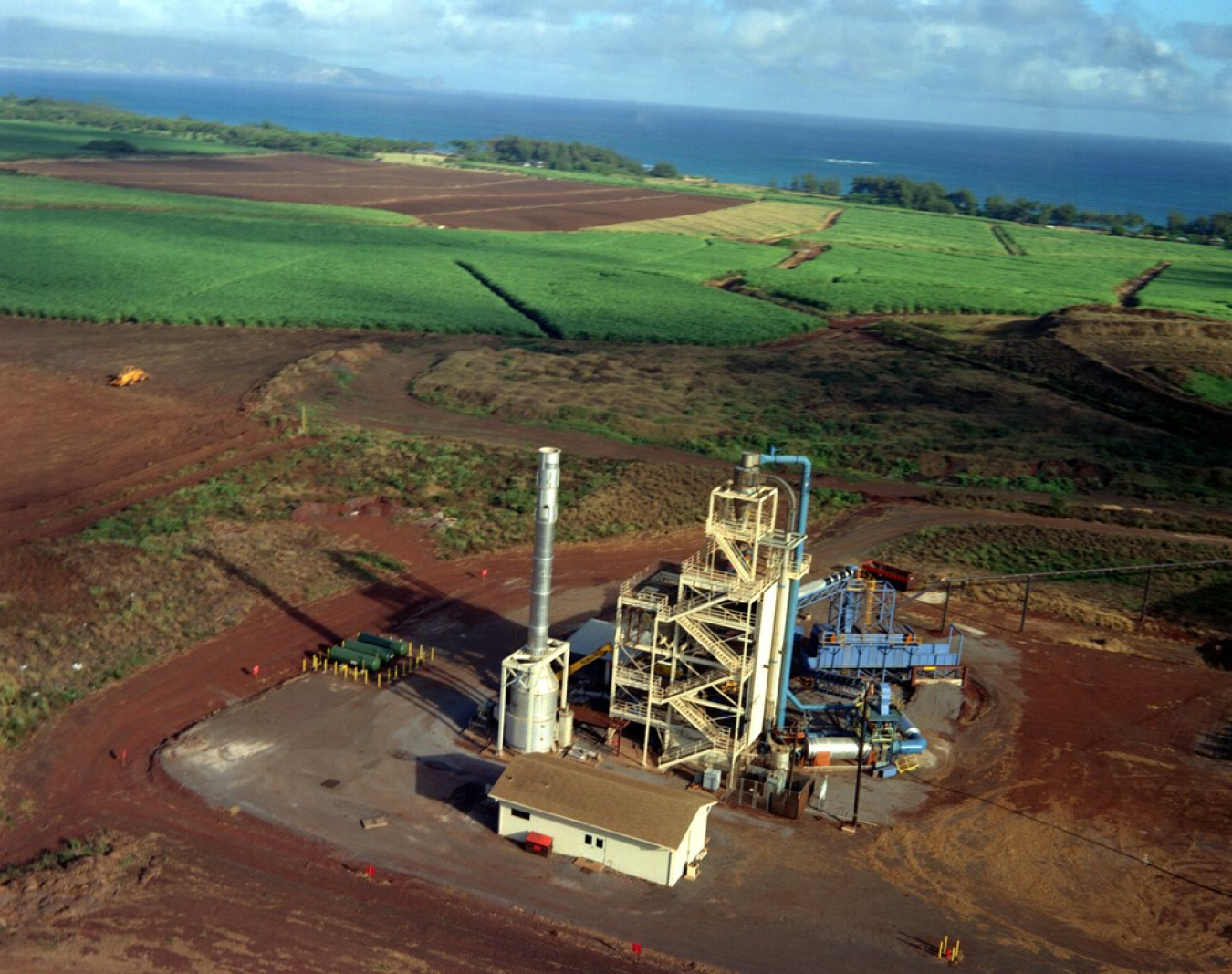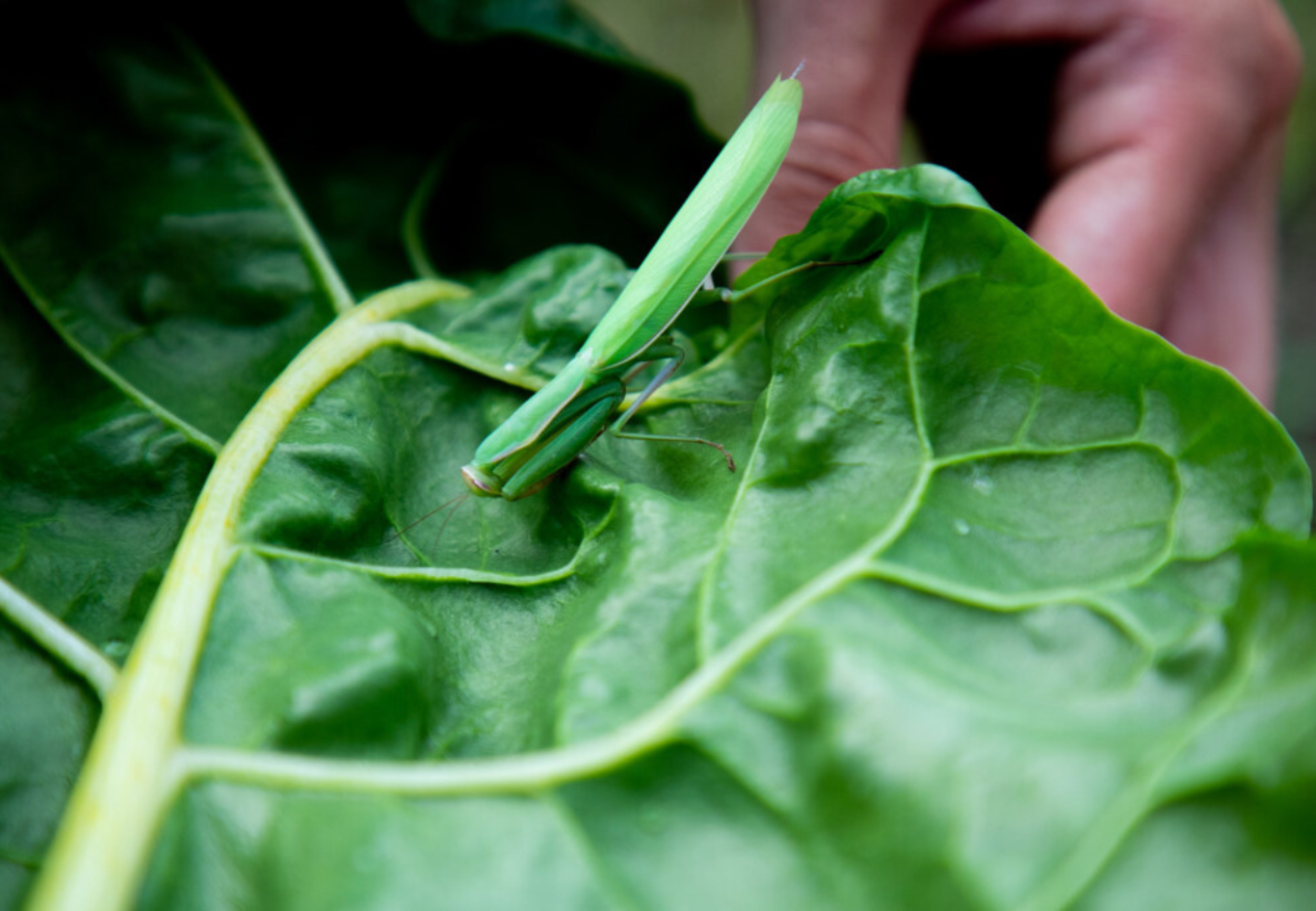In addition to waste management and production of sustainable biofuels and bioproducts, BETO’s goals include using the unique qualities of biomass for environmental remediation. For example, algae have the ability to remove pollutants and excess nutrients from waters such as municipal wastewater, food processing and other industrial water discharge, and polluted natural water bodies. Similarly, growing plants like energy crops on abandoned mine land and industrial brown sites has been demonstrated as a cost-effective approach to land remediation.
Energy crops can also be grown in buffer zones to reduce runoff from adjacent fields. Harvesting renewable carbon resources can sometimes mitigate environmental problems, such as harmful algal blooms, invasive species, and woody biomass left after natural disasters. RCR supports projects to restore ecosystems, taking into account all indicators of ecosystem health including, for example, wildlife habitat, soil and water quality, seed banks, and biodiversity.

Pacific International Center for High Technology Research (PICHTR) gasification plant. Photo courtesy of NREL.

Harvesting renewable carbon resources. Photo courtesy of NREL.

